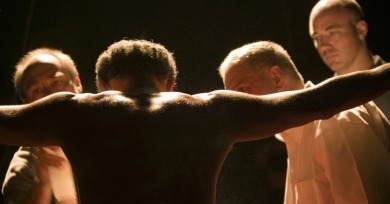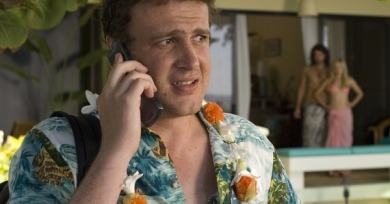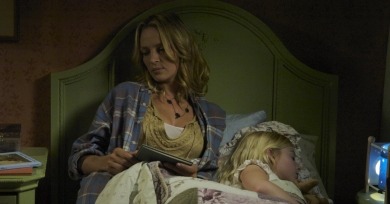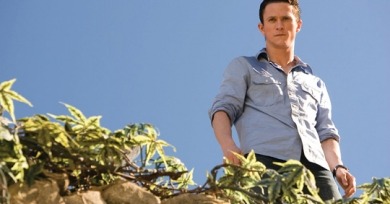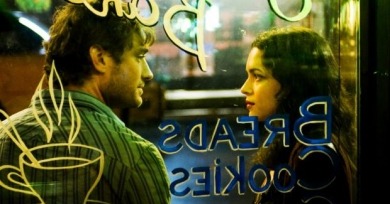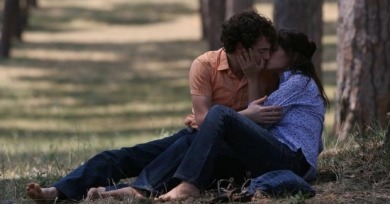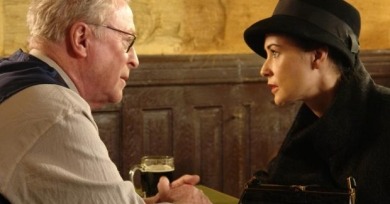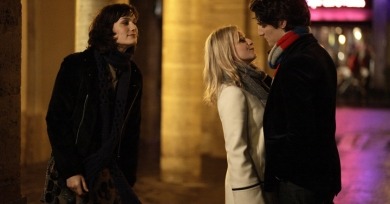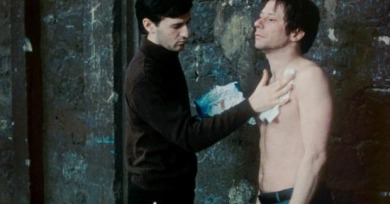Reviews
Some documentarians aim to answer and resolve, but Morris is almost too content to leave us adrift in ambiguity, regardless of the political, moral, and epistemological repercussions.
Stuff and Dough, opening this week for the first time in the U.S., charted a day-trip drug run that's no more straightforward than Lazarescu's odyssey.
If nothing else, The Life Before Her Eyes offers a unique take on post-traumatic stress disorder—or is it an acid flashback?—weaving flowers, bugs, cougars, William Blake, swimming pools, and Alice in Wonderland into Diana's wavy gravy of hallucinations.
Backs are broken and then (rather comically) re-broken, legs are amputated, and all the while the menacing, if plastic-looking ivy begins to spread, taking a particular interest in open wounds and eventually—when all hope for the humans seems lost—giggling.
The latest in an increasingly exhausting sweep of Italian imports about that country’s political tensions in the late Sixties and Seventies, Daniele Luchetti’s My Brother Is an Only Child is, for a little more than half of its running time, a serviceable middlebrow jaunt.
Like Friends, Run Fatboy Run is genial, pleasant enough, occasionally funny, totally predictable, and completely conventional.
If Demi Moore in constant motion is your idea of cinematic bliss, by all means: go see Flawless. This dramatically inert, ideologically muddled film possesses little worthy of praise, but it undeniably offers plenty of Moore striding purposefully through echoing marble hallways.
Love Songs is the brief dalliance to Cherbourg’s intense affair, perhaps too shy to fully take the plunge, but nimble enough to give off a flirtatious buzz.
There’s a tantalizing whiff of mediocrity to Boarding Gate, and it’s consistently set off by high levels of self-awareness and undeniable craft.
The director’s produced an entire film out of loose ends, scrutinizing female faces in silent repose, which seems the quintessence of his cinematic experiment: how much can you extract from looking hard?
In the last several years, moviegoers have been inundated with films—narrative and documentary features alike—that depict the decaying soul of the individual in the service of corporate ambition, but I can recall no such work as dark or morose as Heartbeat Detector.
